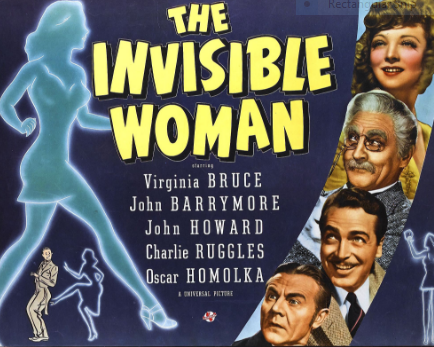 One point amongst many brought up during the Taxi Driver Case, is that invisible illnesses can be tricky.
One point amongst many brought up during the Taxi Driver Case, is that invisible illnesses can be tricky.
That’s not to say a more visible form of MS than mine is any easier – far from it according to the large amount of emails I’ve received, in which people have told me taxis simply drive past them when they see a wheelchair or walking sticks.
It just seems harder to ‘prove’ you have a disability if, at first glance, there’s nothing ‘wrong’ with you. However, some place the number of people with chronic conditions which could be deemed invisible as high as 96%. Whether or not that is true, it is indicative that there is more understanding needed.
This can take a tragic turn, as in the case of Brian Holmes, who was killed with a single punch in 2013 after another man took exception to him looking ‘like he could walk’ when parked in a disabled space at a supermarket. Little did he know, he was the driver for his wife – who was disabled, and had a blue badge – and who was shopping at the time. What he also didn’t know was that Brian was days away from an all-clear from cancer.
Cases like this show just how difficult it can be to judge who is disabled or not. On the flip side, I live near a busy shopping area; on weekdays, parents park in disabled spaces as they are one or two metres closer to the school than the plentiful other spaces, and ‘what’s the harm?’. On weekends, car after car parks in the supermarket disabled spaces, as they are ‘just popping in, what’s the problem?’ In the morning, builders vans park there, as ‘disabled people are lazy and don’t have to get up early like we do’.
These quotes are real; I’ve spoken to these people. They become aggressive, threatening and abusive. Such are the feelings disabled parking can arouse. Last year I called the school where the majority of parents took their children to. I spoke to the headmaster, who told me in no uncertain terms, ‘it’s not my problem’. I have also raised the point with my MP, who said he would look in to it.
Disabled parking spaces are there for more than convenience. If you are ill and finding it difficult to get out, it can be a smidgen of hope that after the palaver of getting ready to go out, you can just about be guaranteed to find a space. Granted, this is not always the case, but the hope is there. It’s psychological, apart from anything else health-wise.
It’s all too easy to languish at home, constricted by health, lack of parking and society’s attitude towards you.
You make people uncomfortable. And that’s all the more reason to be seen.
